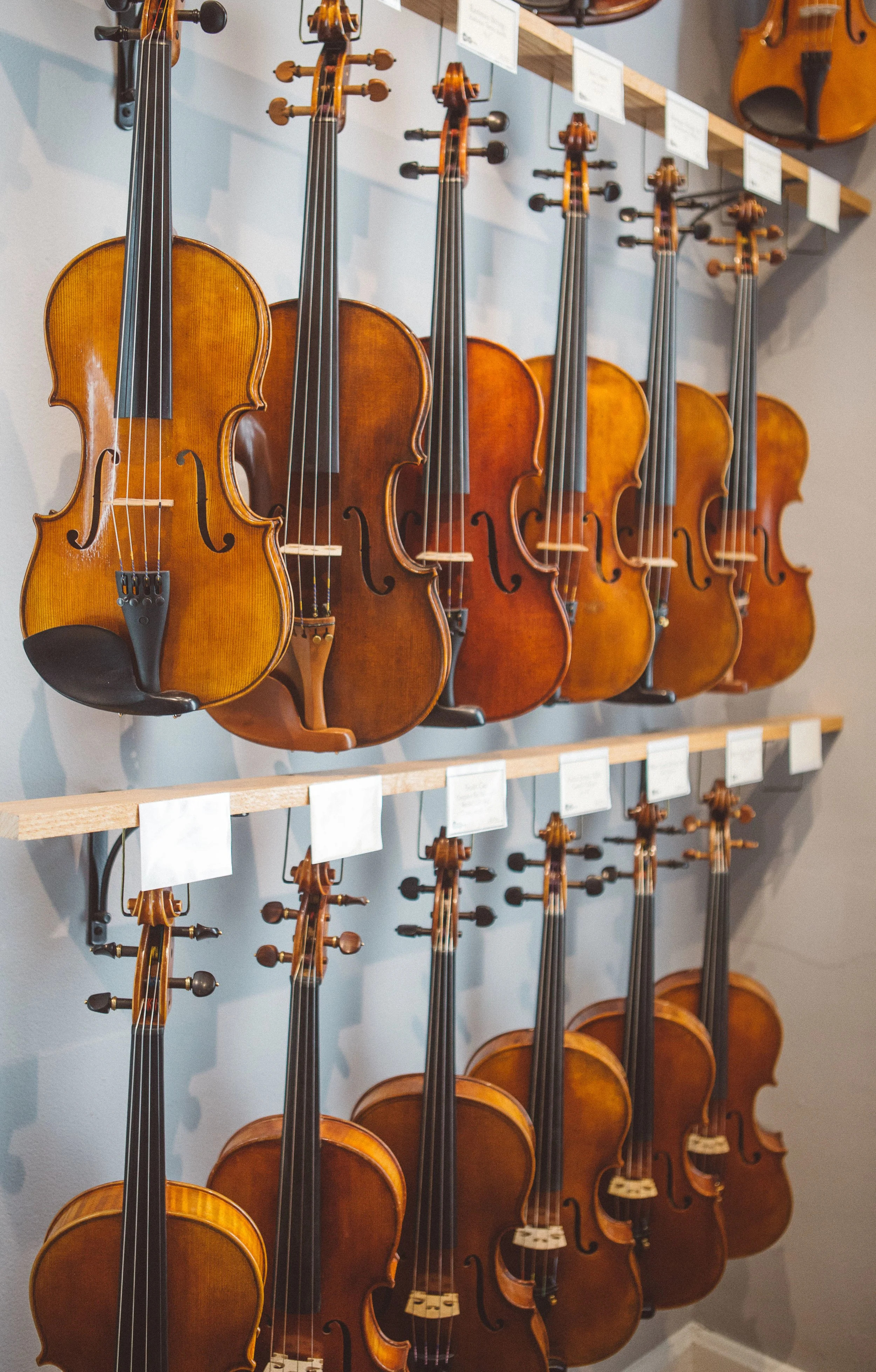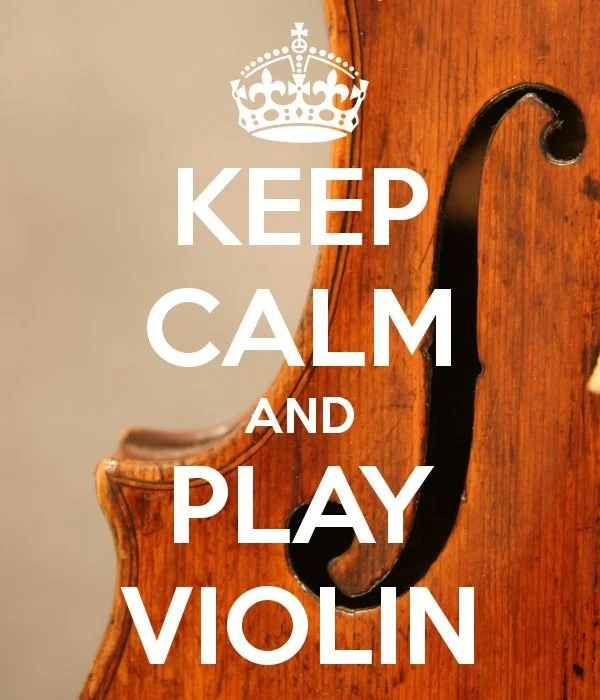SCHOOL OR CONSERVATORY?
Are you considering a career in music, but struggling to decide whether to attend a school or a conservatory? Both options offer unique advantages and disadvantages, and it can be difficult to determine which path is right for you. In this article, I’ll explore the differences between schools and conservatories, weigh the pros and cons of each option, and discuss the educational programs and resources available to students. I’ll also offer tips for staying connected to conservatory events and provide guidance for making an informed decision about your music education. Music schools and conservatories are both educational institutions that provide music training, but there are some important differences between the two:
➤ Curriculum: schools of music typically offer a wide range of music education programs, including music education, music performance and music technology. Conservatories, on the other hand, focus primarily on classical music education and training.
➤ Faculty: music schools often have a mixture of faculty members, including both full-time and part-time instructors with different backgrounds and specialties. By contrast, conservatories often have a faculty of highly trained and experienced musicians who are specialists in their field.
➤ Admissions: admission to a conservatory is usually highly competitive, with a rigorous audition process and high standards for academic achievement. Schools of music may have more flexible admission requirements.
➤ Performance opportunities: conservatories often offer more performance opportunities for students, including ensemble performances, solo recitals and opportunities to work with professional musicians. Schools of music may offer similar opportunities, but to a lesser extent.
➤ Emphasis on performance: conservatories generally place a greater emphasis on performance training, with a focus on developing high-level performance skills. Schools of music may also offer performance training, but often with a greater emphasis on music education and pedagogy.
In sum, both schools of music and conservatories offer music education, but conservatories typically have a more specialized focus on classical music and performance training, while schools of music offer a broader range of music education programs.
When a children study violin at a conservatory, they typically study a wide range of subjects in addition to violin performance. These subjects may include the following:
➤ Music theory: this includes the study of musical notation, rhythm, harmony and other fundamental aspects of music.
➤ Chorus: typically focuses on choral singing techniques, including voice production, ensemble singing and interpretation of choral repertoire. Students learn how to blend their voices with other singers, read choral scores and develop musical skills.
➤ Chamber music: a conservatory chamber music program is designed for small ensembles of 2-10 musicians who perform together. In these programs, students learn how to play in a collaborative setting and develop their listening skills to achieve musical cohesiveness, balance and expressiveness. Chamber music programs typically offer a wide range of repertoire, including classical, contemporary and experimental works.
➤ Music history: students learn about the history of Western music and its major composers, as well as the development of different musical styles and genres.
➤ Aural training: students develop the ability to recognize and reproduce musical sounds, intervals and melodies.
➤ Sight reading: this is the ability to read and perform music on the spot, without prior practice or acquaintance with the score.
➤ Ensemble playing: this involves playing in a group with other musicians, such as a chamber ensemble or orchestra.
➤ Master classes: these are sessions in which students perform for an experienced and prestigious teacher or performer who provides feedback and guidance.
➤ Private lessons: in addition to group lessons, students typically have one-on-one lessons with their teacher, where they receive personalized instruction and feedback on their playing.
Overall, the goal of a conservatory education is to provide students with a well-rounded musical training that prepares them for a career as a professional musician or music educator. The diverse curriculum helps students develop their musical skills and knowledge in a holistic way, enabling them to become versatile and adaptable musicians.
The importance of a good violin teacher
Having a good violin teacher is essential for anyone who wants to learn the violin and develop their skills as a musician. Here are some of the reasons why:
➤ Technical guidance: learning to play the violin requires a great deal of technical skill and precision. A good violin teacher can provide guidance on proper posture, hand placement and bow technique, which can help students develop a solid technical foundation.
➤ Individualized instruction: every student has unique strengths, weaknesses and learning styles. A good violin teacher can tailor lessons to the individual needs of each student, providing personalized feedback and guidance to help them reach their full potential.
➤ Motivation and inspiration: learning the violin can be challenging, and it’s easy to get discouraged or stuck in a rut. A good violin teacher can provide motivation and inspiration to help students stay engaged and enthusiastic about their practice.
➤ Performance preparation: a good violin teacher can help students prepare for performances, competitions and auditions. They can offer guidance on repertoire selection, interpretation and stage presence, helping students feel confident and prepared when it’s time to perform.
➤ Musical guidance: playing the violin isn’t just about technique - it’s also about musical expression and interpretation. A good violin teacher can help students develop their musicality by teaching them how to bring out the nuances and emotions of a piece of music.
Overall, a good violin teacher is essential for anyone who wants to become a skilled and expressive musician. A good teacher can provide guidance, motivation and inspiration to help students develop their skills and reach their full potential.
Frequently Asked Questions
-
A conservatory is a type of music school that focuses exclusively on the study of music and performance. It usually offers a more intensive training and a narrower range of studies than a traditional liberal arts college or music school.
-
A music school is a type of educational institution that offers courses and training in music. It may be part of a larger university or a stand-alone institution, and it may offer a variety of degrees in music.
-
Conservatories are generally more specialized and focus solely on music, while music schools may offer a broader range of programs and degrees in addition to music. Conservatories may also have more stringent admission requirements and a more intensive curriculum.
-
A liberal arts college is a type of college that emphasizes a well-rounded education and a broad range of liberal arts courses in addition to a major field of study. It differs from a conservatory or music school in that it offers a wider variety of subjects.
-
Yes, many liberal arts colleges have a music department or program where students can study music, but the focus may not be as intensive as it would be at a conservatory or music school.
-
That depends on your goals and interests. If you want a more intensive music education and plan to pursue a career in music, a conservatory may be a better option. If you want a broader range of courses and a more traditional college experience, a liberal arts college with a strong music program may be a better fit.
-
The college experience at a conservatory is often heavily focused on music, with less emphasis on general education and extracurricular activities. Students may have more rigorous schedules and less free time.
-
The application process for a conservatory is often more rigorous than for other colleges and universities, with auditions and portfolio reviews being a key component. Students may need to demonstrate a high level of musical talent and potential.
-
Yes, many conservatories and music schools offer scholarships to talented students who demonstrate financial need and academic merit. You may need to apply separately for scholarships in addition to applying for admission.
-
Some well-known conservatories and music schools include the New England Conservatory, the Amsterdam Conservatorium, the Berklee College of Music, the Royal College of Music, the Juilliard School, the Sibelius Academy and the Cleveland Institute of Music.
Read more articles
Quick video tips
““the goal of a conservatory education is to provide students with a well-rounded musical training that prepares them for a career as a professional musician or music educator.””


























